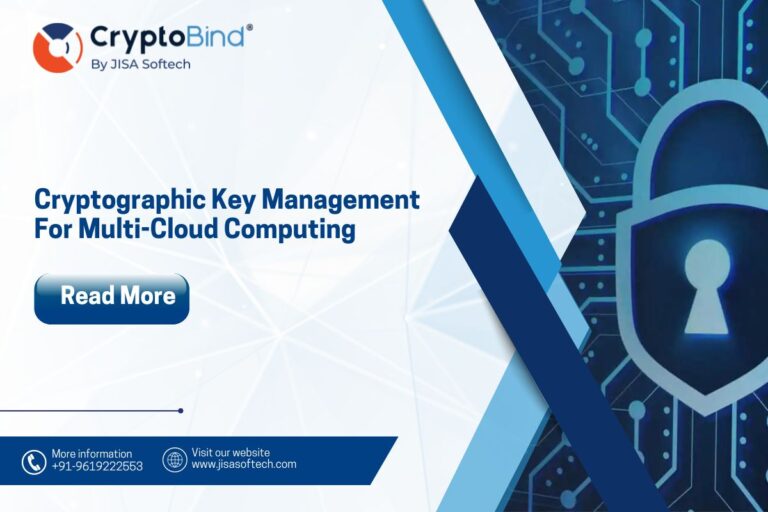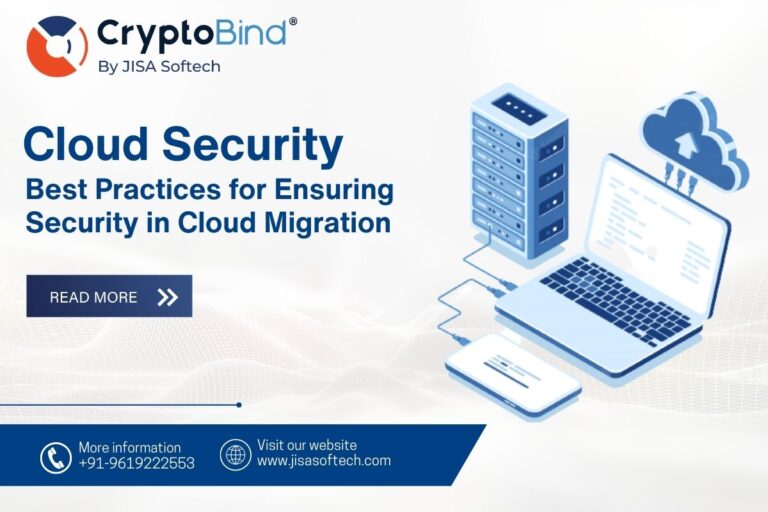Hardware Security Module: On Premise and Cloud HSM
Today’s security requirements for businesses require a high level of protection, particularly when it comes to data. Organizations that handle any type of information, from payment methods such as credit cards to personal customer information and corporate data, must ensure that it is protected.
A hardware security module (HSM) is a device that is designed to provide a high level of protection to businesses in a variety of industries that need to protect their data.
Cryptography generates code that permits data to be kept private. The production of a key, which is used to encrypt and decrypt data, is also at the heart of cryptographic procedures. Because of the difficulty of both developing cryptographic algorithms and securing the generated keys, specialized computers known as hardware security modules have grown in prominence (HSM).
The keys in a cryptographic system must be kept secure in order to keep the system secure. Managing the lifecycle of those keys is challenging. And that’s where HSMs come into play. HSMs (hardware security modules) are tamper- and intrusion-resistant hardware components that companies use to protect and store cryptographic keys while still allowing authorized users to access them. Their goal is to limit risk and restrict access to your company’s sensitive private keys.
The encryption’s strength is determined by two key factors. Key length and key security. The length of a key can be determined using various encryption techniques, such as AES-128 or AES-256. On the other hand, the key’s security is a subjective matter. As we all know, the more secure the keys, both private and shared keys in asymmetric and symmetric encryption, the more powerful the encryption landscape becomes.
When it comes to key security, adopting HSMs (Hardware Security Modules) that are FIPS-140-2-Level3 compliant, is the best option.
In this article, we’ll discuss cloud-based HSM and on-premise HSM and try to determine which is better.
Find out what factors a consumer should use to choose and which crypto security option is best for their organization.
We can classify HSMs into two categories based on their use cases: On-premises and cloud-based HSMs. When it comes to HSM classification (On-prem and Cloud-based HSM), keep in mind that the cryptographic technology is the same, but the delivery methods are different.
What is on premise HSM?
A hardware security module (HSM) is a physical device that adds an additional layer of protection to sensitive data. This device is used to provide cryptographic keys for crucial functions such as encryption, decryption, and authentication for apps, identities, and databases.
Businesses use HSMs to separate and regulate access to cryptographic functions relevant to transactions, identities, and applications from routine operations. For example, a firm may employ an HSM to protect trade secrets or intellectual property by ensuring that only authorized persons can access the HSM in order to execute a cryptography key transfer.
What is cloud HSM?
Cloud HSM is a cloud-based Hardware Security Module (HSM) service that allows you to store encryption keys and conduct cryptographic operations in a cluster of FIPS 140-2 Level 3 HSMs.
As more sensitive data has moved to the cloud, the process of safeguarding it has become increasingly difficult. HSM devices installed on-premises cannot always be utilized in cloud environments. Customers may be required to use HSMs hosted in cloud service providers’ data centers. When a provider allows a device to be used on-premises, connectivity concerns can bring undesirable latency into the system.
Physical HSM vs. Cloud based HSM:
On-prem HSMs are particularly beneficial for storing encryption keys when an organization needs complete control over its keys and policies without relying on a cloud service provider (CSPs). However, this requires a significant initial investment in terms of hardware, experienced resources, management software licensing, and HSM cluster management, etc.
On-premise HSMs are also useful when a company uses a secure application that is particularly latency-sensitive. The secure application only employs an on-premises HSM, which eliminates delay. Another major use case is when security best practices, technological designs, and/or performance considerations necessitate the usage of an application with extensive cryptographic operations.
Cloud-based HSMs, on the other hand, include both traditional HSM characteristics and the benefits of the cloud. The Cloud-based HSM can be divided into two categories: Public Cloud HSM Services and Third-Party HSM Services.
In the case of SMB (small and medium business) enterprises with other IT service dependencies, cloud-based HSMs can be immensely beneficial, as large upfront investments for on-premise HSMs may not be realistic in terms of cost-effectiveness.
It’s also useful in businesses where workloads aren’t as heavy in a department or organization, and application performance and latency requirements aren’t as tight as they are in a dedicated, on-premise HSM. This approach is appropriate for smaller businesses that choose a predictable and PAYG (pay-as-you-go) financial model provided by the Cloud Service Provider (CSP) over a large upfront investment.
Depending on their use cases and business conditions, businesses will have to choose the best solution. One thing is certain: if private keys are compromised, the benefits of Public Key Infrastructure (PKI) can be completely destroyed. As a result, protecting and maintaining such keys is a must for ensuring enterprise security. HSMs, whether on-premise or cloud-based, are currently the best solutions for meeting those criteria.
About Us:
JISA Softech is a cryptography-focused information technology company based in India. We offer cryptographic solutions to financial institutions, manufacturers, enterprises and government agencies. Our primary product lines have included industry-compliant Hardware Security Modules, Key Management Solutions, Tokenisation, Encryption, Aadhaar Data Vault, and Authentication solutions. All our Cryptographic solutions are sold under the brand name CryptoBind. Our innovative solutions have been adopted by businesses across the country to handle mission-critical data security and data protection needs..
To know more about our solution contact us:
Website: www.jisasoftech.com
Email: sales@jisasoftech.com
Phone: +91-9619222553







